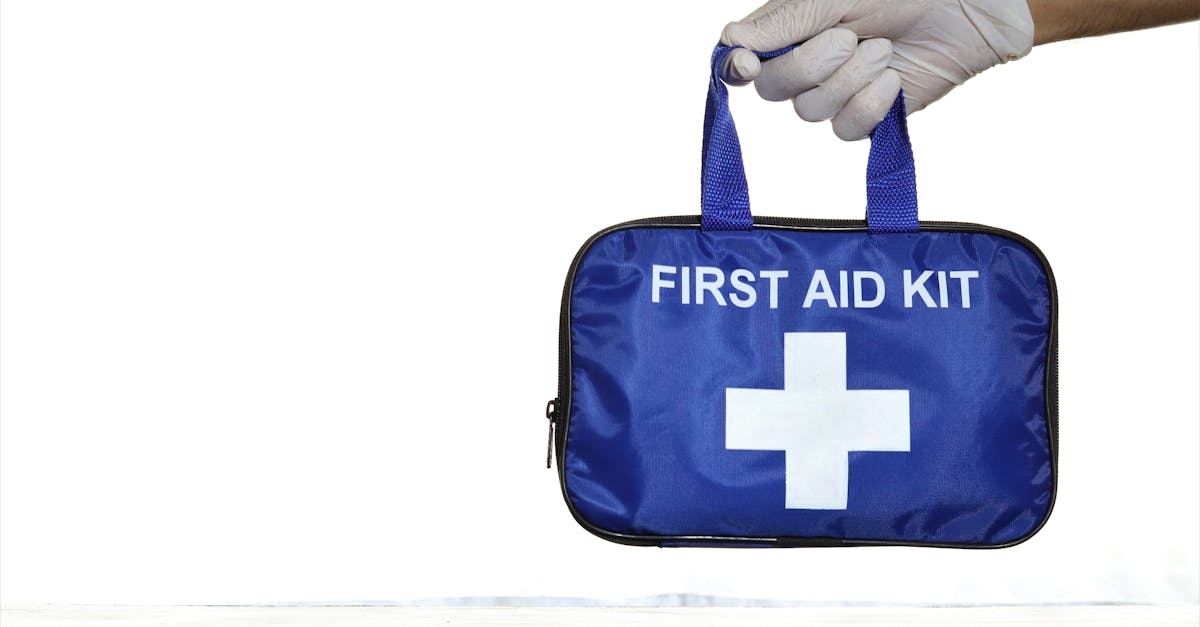A Joyful Journey into Pet Preparedness
Ever wonder why our pets bring us so much joy? 🐾 If you’re like me, your furry friends are more than just animals; they’re family. I’ve often wondered how I could ever repay them for all the love and happiness they bring into my life. The truth is, one way we can show our gratitude is by being prepared for any emergencies that might come their way. Let me tell you, having a pet first aid kit is something you won’t believe you ever lived without!
Why Pet First Aid Matters
I guess you could say it dawned on me one day when my dog, Max, got a nasty cut while playing in the park. I was just thinking about how unprepared I felt in that moment. I couldn’t help but notice how many pet owners were in the same boat. From what I’ve seen, it’s safe to say that having a well-stocked pet first aid kit can be a lifesaver.
Interestingly enough, a study by the American Animal Hospital Association revealed that 25% more pets could be saved if just one pet first aid technique was applied before getting them to the vet. That’s when I realized, it’s worth mentioning what every pet owner should have in their first aid kit.
Essential Items for Your Pet First Aid Kit
1. Bandages and Gauze
It hit me that bandages and gauze are the backbone of any first aid kit. Whether it’s a minor cut or a more serious wound, these items will help you control bleeding and protect the injury until you can get to the vet.
- Adhesive Tape: To secure the bandages in place.
- Non-stick Pads: To cover wounds without sticking to them.
- Elastic Bandages: For securing splints or compresses.
2. Antiseptic Wipes and Solutions
You might find this helpful: antiseptic wipes and solutions like chlorhexidine or povidone-iodine are crucial for cleaning wounds.
- Hydrogen Peroxide: Useful for inducing vomiting if your pet ingests something toxic (always consult your vet first).
- Saline Solution: Great for flushing out wounds or eyes.
3. Tweezers and Scissors
I’ve come to realize that tweezers and scissors are indispensable. They help in removing splinters, ticks, or cutting bandages.
- Tick Remover: Specifically designed for safely removing ticks.
- Blunt-tip Scissors: To avoid accidentally injuring your pet while cutting bandages.
4. Digital Thermometer
If you’re like me, you’d be surprised how often a digital thermometer comes in handy. Knowing your pet’s normal temperature can help you detect when something is off.
- Lubricant: For use with the thermometer.
- Guide to Normal Temperature Ranges: For quick reference.
5. Disposable Gloves
It’s interesting how a simple pair of disposable gloves can make a difference. They protect both you and your pet from infections.
- Latex or Nitrile Gloves: Depending on any allergies your pet or you might have.
6. Emergency Blanket
Picture this: your pet is in shock or has to be transported in cold weather. An emergency blanket can help maintain their body temperature.
- Thermal Blanket: Compact and effective in retaining body heat.
7. Muzzle
I’ve been there, and I can tell you, even the sweetest pet might bite if they’re in pain. A muzzle is essential for your safety and theirs.
- Soft Muzzle: Comfortable and less stressful for your pet.
8. First Aid Manual
You might relate to this: having a first aid manual specifically for pets can be a game-changer in emergencies.
- Pet First Aid Guide: Detailed instructions on how to handle various situations.
The Benefits of Being Prepared
Peace of Mind
One thing I’ve learned is that being prepared brings peace of mind. Knowing that you have the tools to handle emergencies can alleviate a lot of stress.
Faster Response Time
It hit me that having a pet first aid kit allows you to act quickly, which can make a significant difference in your pet’s recovery.
Cost Savings
Interestingly enough, handling minor issues at home can save you money on vet bills. However, always consult your vet for serious conditions.
Real-Life Stories: The Impact of Preparedness
Max’s Adventure
Here’s a quick story: Max once got a thorn stuck in his paw during a hike. Thanks to my first aid kit, I was able to remove it and clean the wound right away. Looking back, I can’t forget how relieved I felt knowing I had the right supplies.
Bella’s Mishap
In my own life, Bella, my cat, once swallowed a piece of string. I used hydrogen peroxide from my kit to induce vomiting (after consulting my vet), and it saved her life. That’s when I realized the true value of being prepared.
Making Your Own Pet First Aid Kit
If you’ve ever thought about making your own pet first aid kit, now’s the time. You might find this helpful: start with a sturdy, waterproof container and label it clearly.
Checklist for Your Kit
- Bandages and Gauze
- Antiseptic Wipes and Solutions
- Tweezers and Scissors
- Digital Thermometer
- Disposable Gloves
- Emergency Blanket
- Muzzle
- First Aid Manual
Additional Tips and Tricks
Regular Updates
I’ve noticed that it’s essential to regularly update your kit. Check expiration dates and replace used items promptly.
Training
It’s common knowledge that knowing how to use your first aid supplies is just as important as having them. Consider taking a pet first aid course.
Consult Your Vet
Personally, I’ve found that consulting your vet about what specific items your pet might need can be incredibly beneficial.
Wrapping It Up: The Joy of Preparedness
In conclusion, the thing is, being prepared with a pet first aid kit is one of the best ways to show love and care for your furry friends. It’s safe to say that the peace of mind and readiness you gain are well worth the effort. So, if you’ve ever wondered how to be the best pet parent you can be, start by building your own pet first aid kit today! 🐶🐱
Now you know the essentials, it’s time to take action. Gather your supplies, consult your vet, and ensure your beloved pets are always safe and sound. After all, they give us their best every day; it’s only fair we do the same for them.










